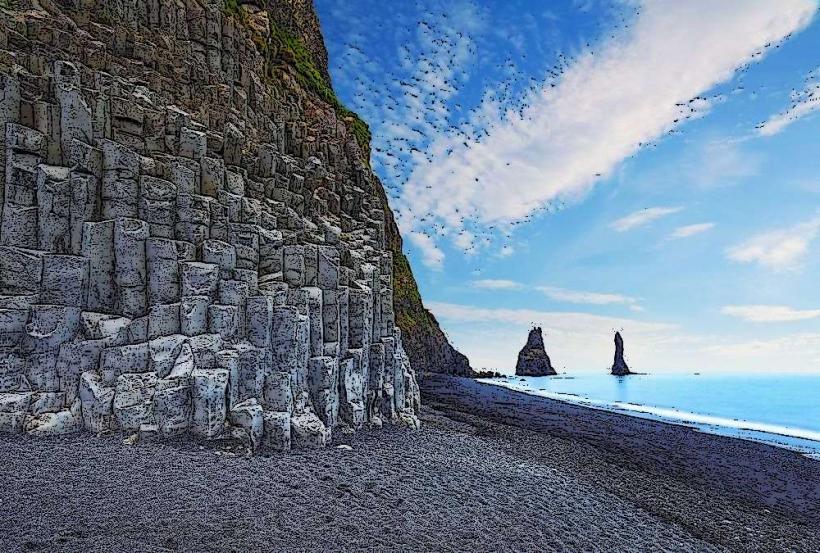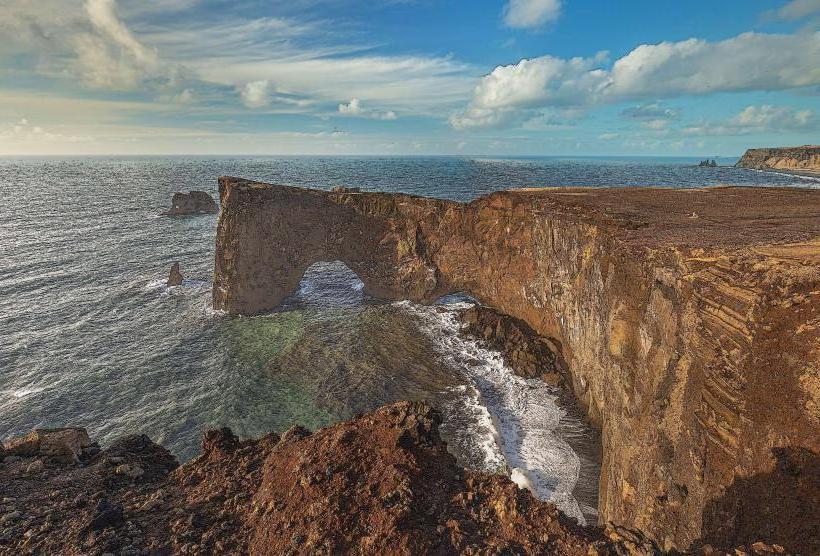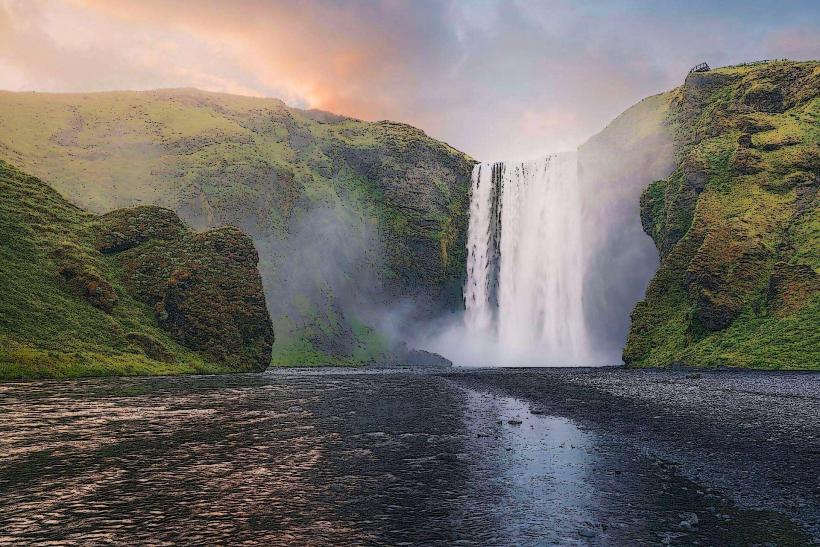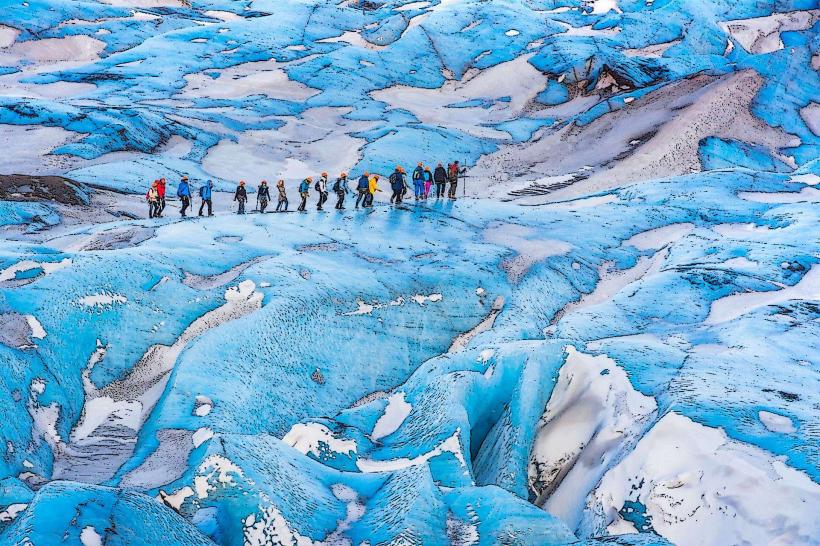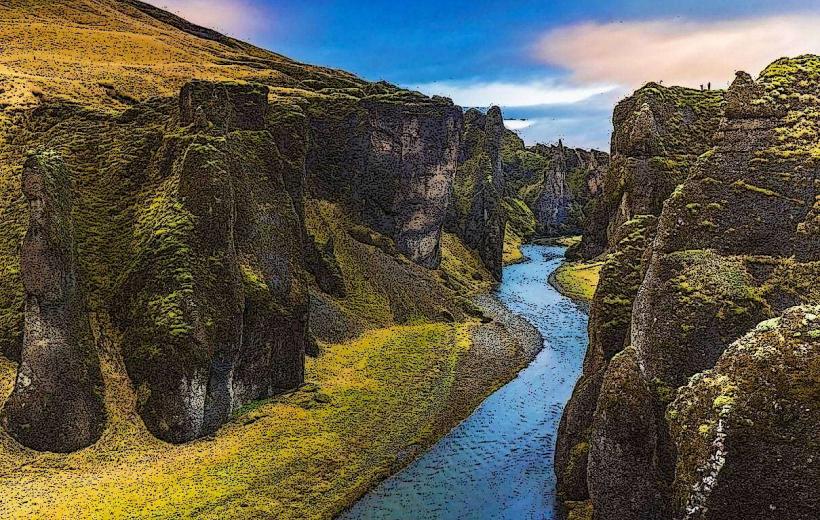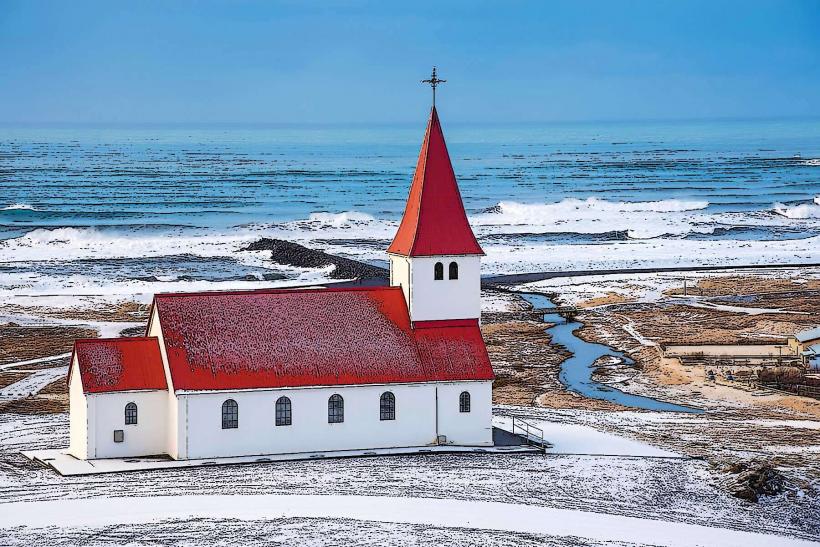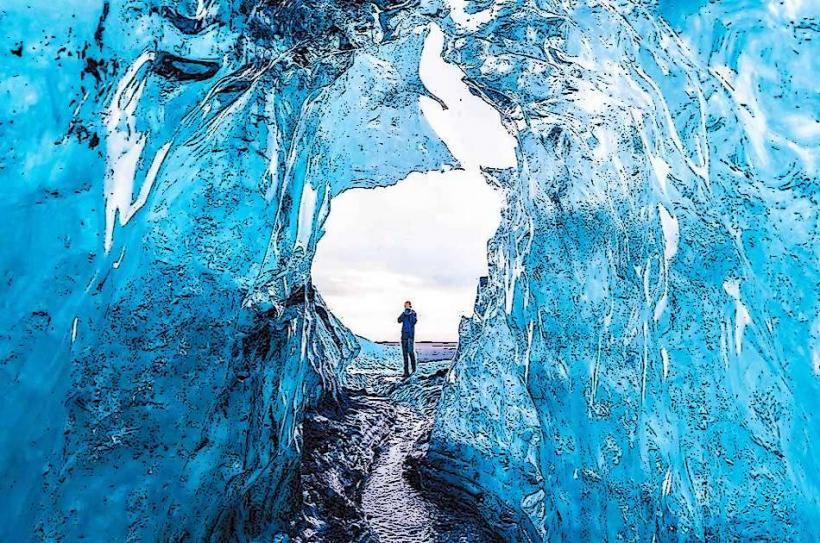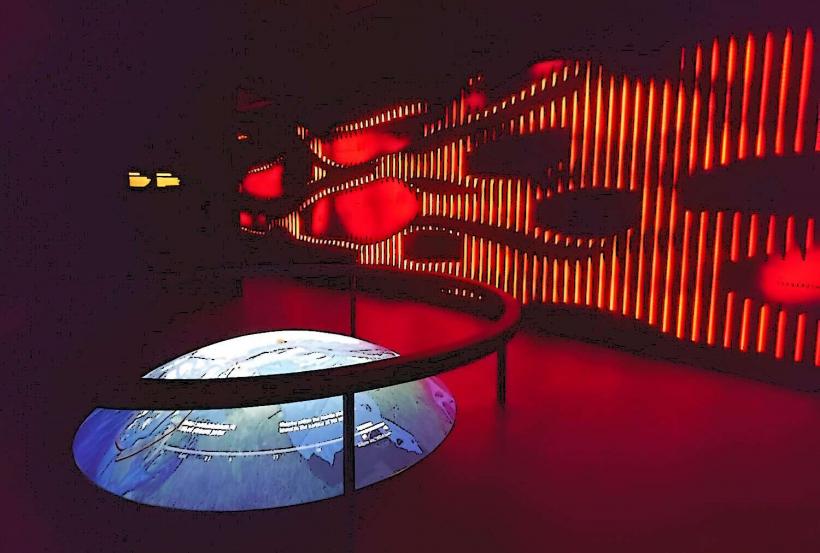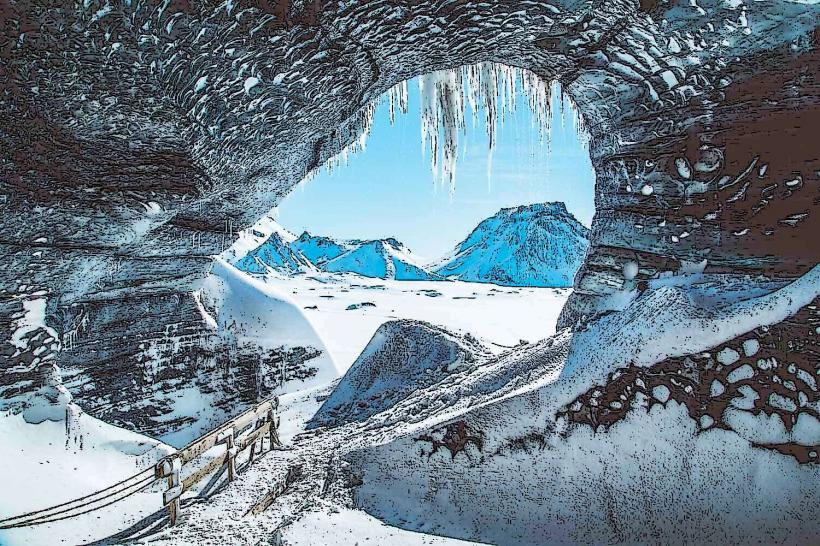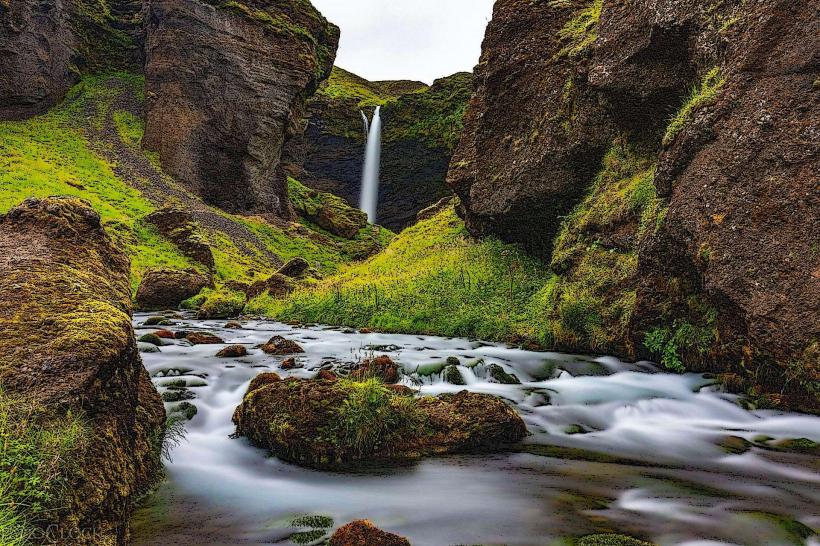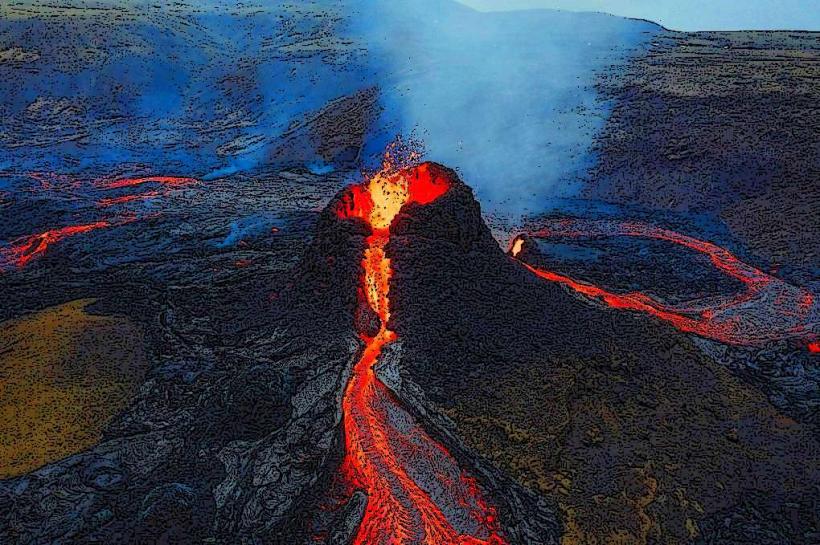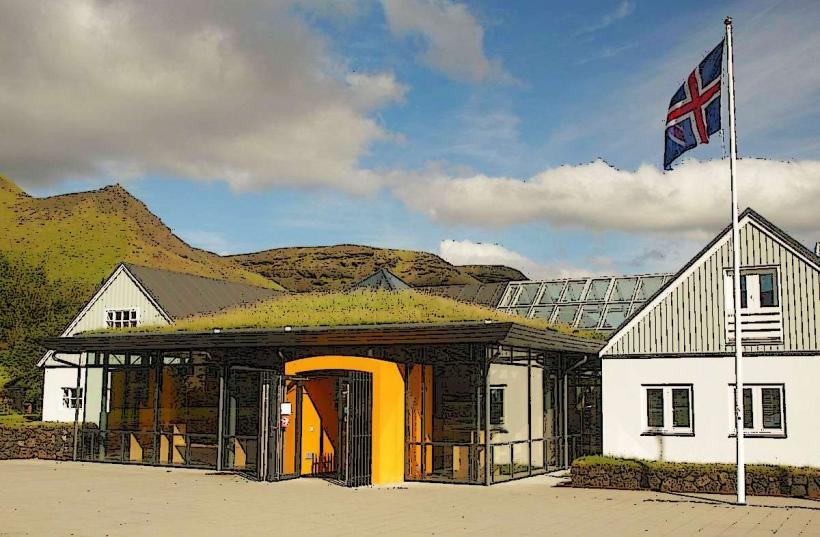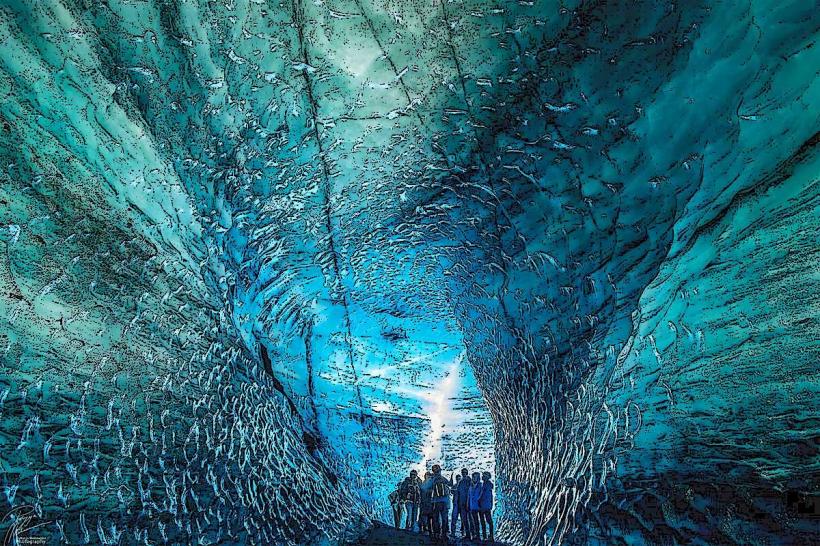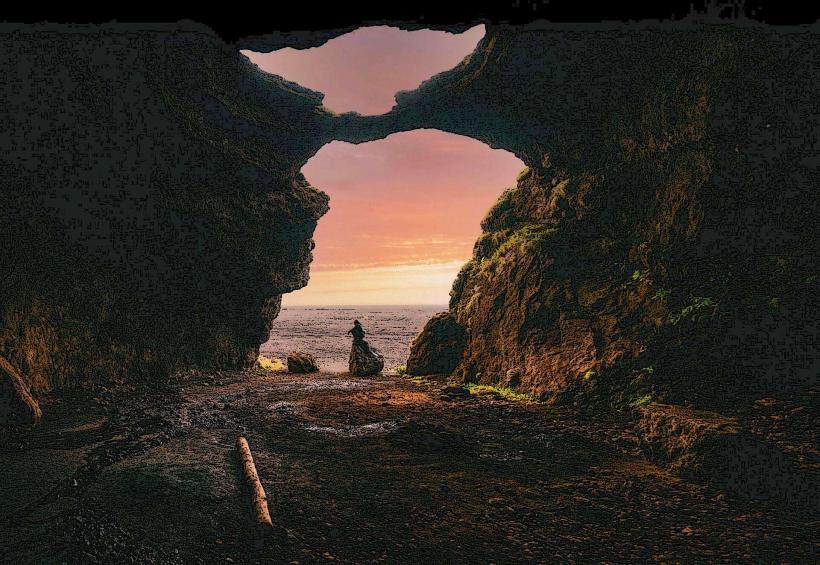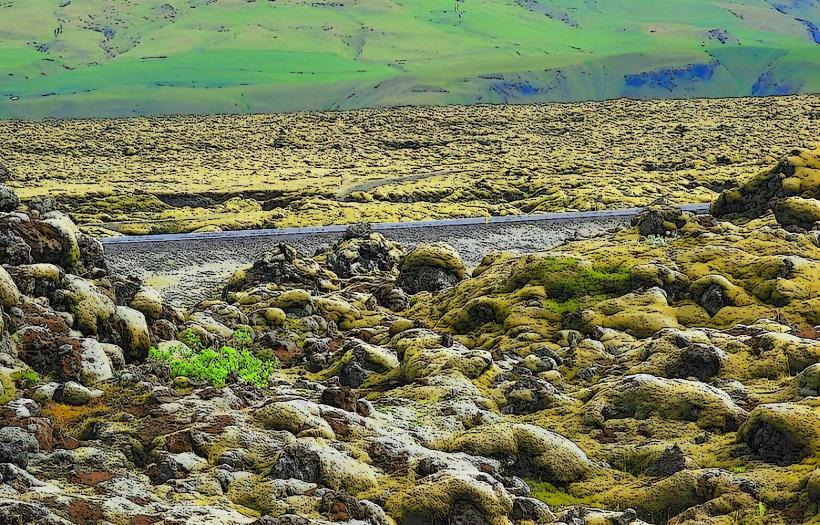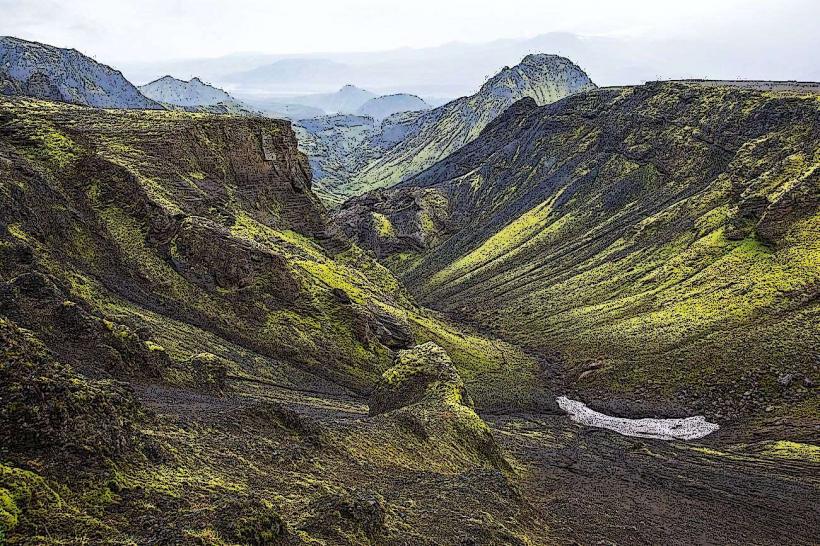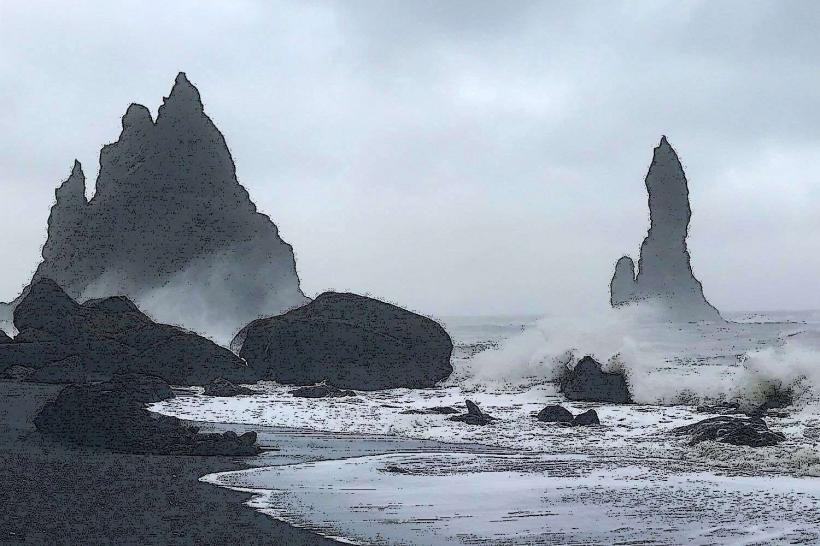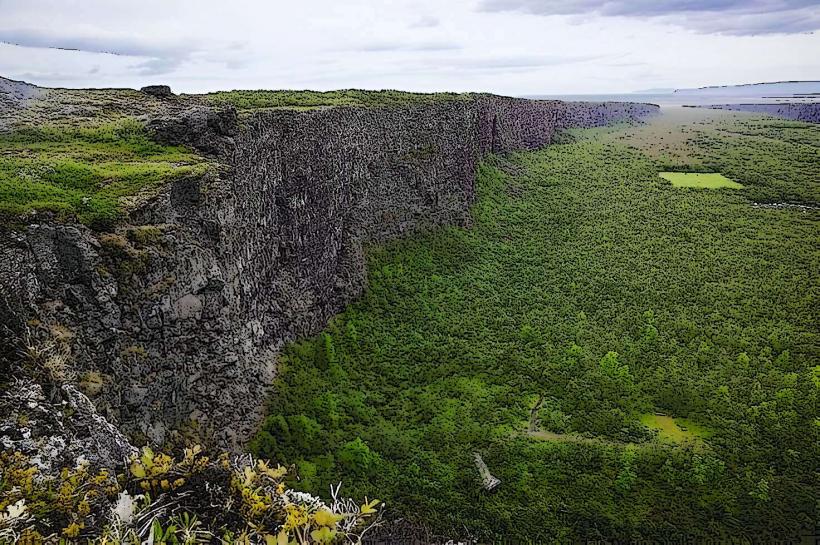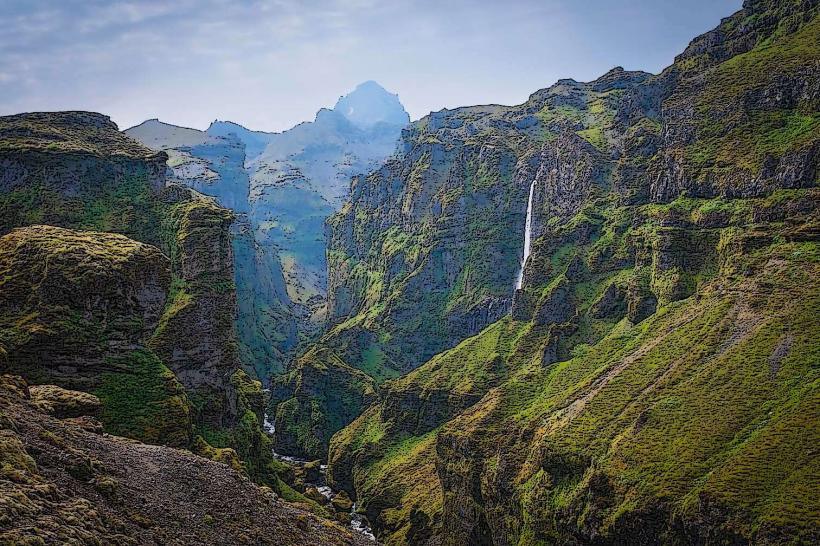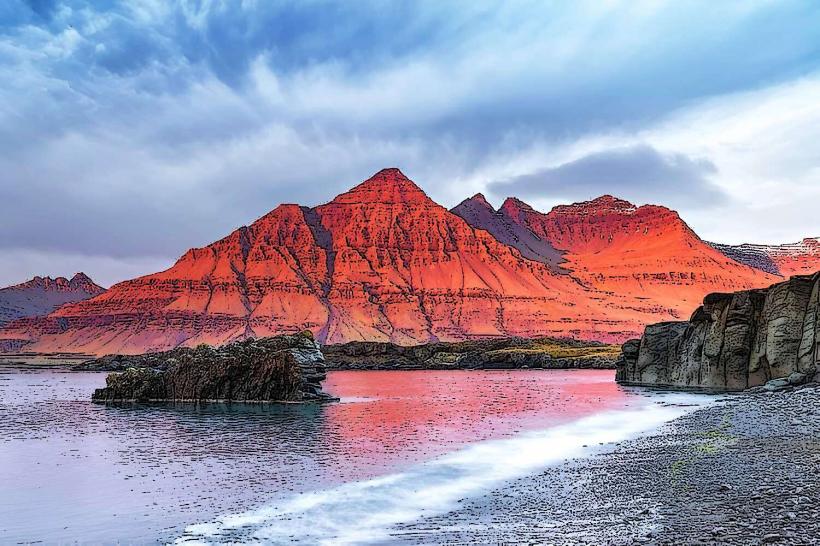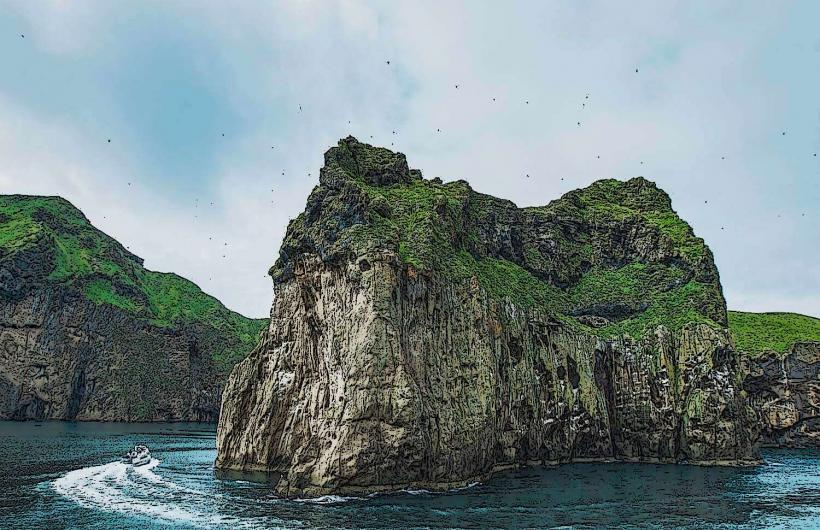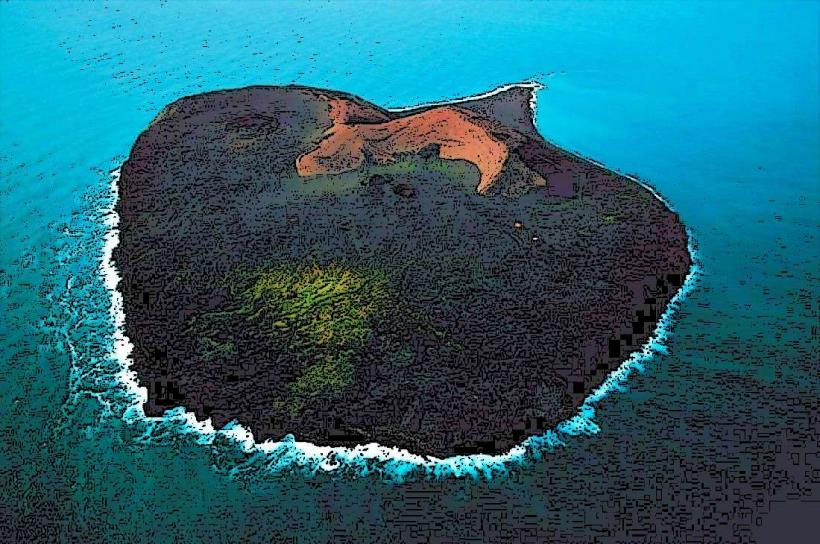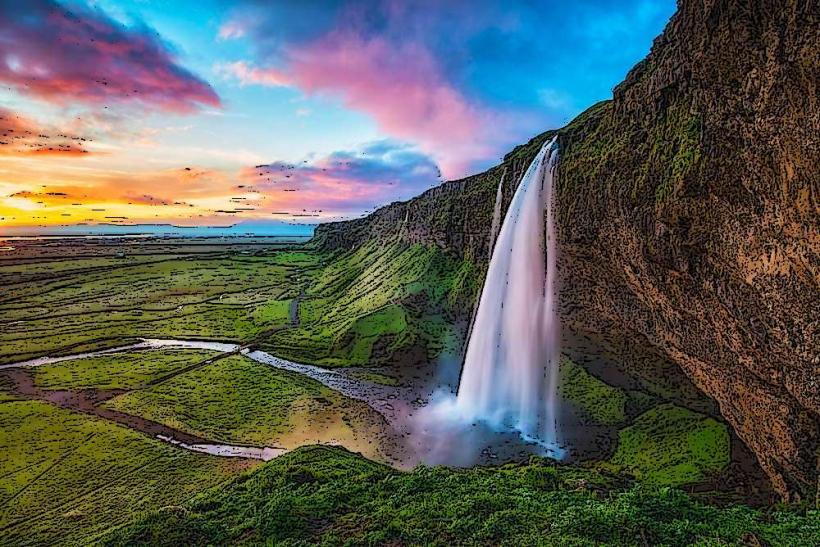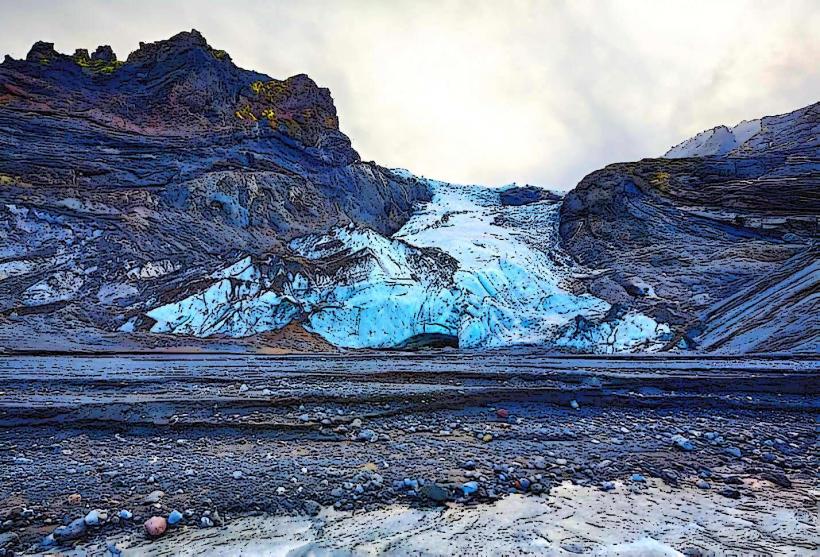Information
Landmark: Vestmannaeyjar MuseumCity: Vik
Country: Iceland
Continent: Europe
Vestmannaeyjar Museum, Vik, Iceland, Europe
The Vestmannaeyjar Museum (or Heimaey Museum) is a key cultural institution located on Heimaey Island, the largest island in the Vestmannaeyjar archipelago in southern Iceland. The museum is dedicated to preserving and sharing the history, culture, and natural heritage of the island, focusing on the volcanic eruption of 1973 and the island's maritime history. It is a must-visit destination for those interested in learning about the island's past, particularly its dramatic transformation due to volcanic activity.
Key Exhibits and Attractions
Volcanic Eruption of 1973:
- One of the museum's primary focuses is the Eldfell Volcano eruption that began on Heimaey on January 23, 1973. The eruption lasted for several months and had a profound impact on the island, destroying homes, burying parts of the town, and altering the island’s landscape.
- Eldheimar Volcano Museum is housed within the Vestmannaeyjar Museum and is dedicated to this catastrophic event. The museum features detailed exhibits about the eruption, the emergency response, and the efforts made by islanders to protect their town. It includes photographs, videos, artifacts, and a model of the town before and after the eruption. The museum also highlights the dramatic actions taken by the locals, including cooling lava flows with seawater to save the harbor.
- Visitors can see the famous lava-encased house in the museum that was buried by lava during the eruption, which is now a preserved exhibit. It provides a unique and powerful glimpse into the scale of the eruption and the resilience of the islanders.
Maritime History:
- The museum also covers the island's rich maritime heritage, which has been central to the life of the people of Heimaey for centuries. Fishing is the island’s main industry, and the museum explores the development of the local fishing fleet and the relationship between the islanders and the sea.
- Exhibits feature the traditional boats, fishing equipment, and tools used by generations of fishermen. There are also displays about the evolution of the fishing industry and how it shaped the community and economy of the island.
Natural History and Wildlife:
- The museum showcases the natural environment of the Vestmannaeyjar, focusing on the island’s volcanic landscape, flora, and fauna. This includes an exhibit on the island’s seabirds, particularly the famous puffins that nest on the cliffs of Heimaey during the summer months. Visitors can learn about the island's diverse birdlife and its significance to the local ecosystem.
- Additionally, the museum highlights the geological features of Heimaey and its surrounding islands, showcasing how the archipelago was formed by volcanic activity over millions of years.
Cultural Heritage:
- In addition to its exhibits on natural and historical events, the museum also delves into the cultural heritage of the people of Heimaey. It provides insight into the traditional way of life on the island, including local customs, festivals, and historical objects. Exhibits may include artifacts, photographs, and documents that help tell the story of the community's evolution over time.
Interactive and Educational Features:
- The Vestmannaeyjar Museum offers interactive displays, making it a family-friendly destination. Visitors can engage with digital exhibits, watch documentary films about the 1973 eruption, and even participate in educational workshops or talks about the island’s history.
Location and Accessibility
The Vestmannaeyjar Museum is located in Heimaey, the largest and only inhabited island in the Vestmannaeyjar archipelago. It is easily accessible by ferry from the mainland or by air from Reykjavík to the small airport on the island. Once on the island, the museum is centrally located and can be reached by foot or car.
Visitors can also explore the surrounding areas of Heimaey after visiting the museum, including a trip to Eldfell Volcano, which offers panoramic views of the island and the remnants of the 1973 eruption.
Best Time to Visit
Summer (June to August): The best time to visit the Vestmannaeyjar Museum is during the summer months when the weather is mild, and many of the island’s attractions, including puffin-watching tours and hikes to Eldfell, are at their best. Summer also brings longer daylight hours, making it easier to explore the island’s many natural wonders.
Winter (November to March): Winter is quieter, and while weather conditions may be harsher, this season offers a different perspective on the island. The museum is open year-round, and winter visitors may enjoy a more intimate, less crowded experience.
Conclusion
The Vestmannaeyjar Museum offers a fascinating and comprehensive look at the history and culture of Heimaey Island and the Vestmannaeyjar archipelago. With a strong focus on the 1973 volcanic eruption, maritime heritage, and the natural environment, the museum provides visitors with a deep understanding of the island’s transformation and resilience. Whether you're a history enthusiast, nature lover, or someone simply curious about volcanic activity, the museum provides a memorable and educational experience that captures the spirit of Heimaey Island.

